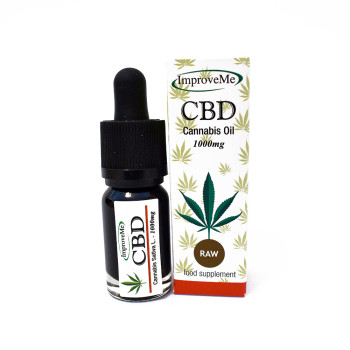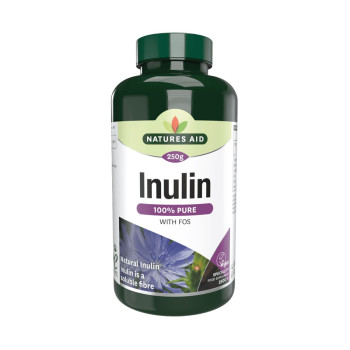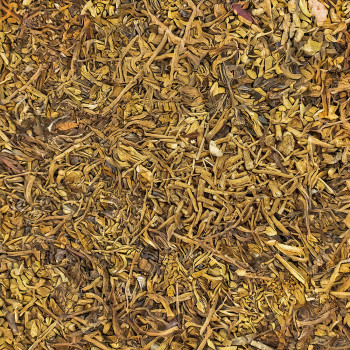
Psyllium Husks, 100g
Psyllium husks are the outer coating of the seeds from the Plantago ovata plant. They are a natural, soluble fibre known for their high absorbency and gelling properties when mixed with liquid. Psyllium is commonly used as a dietary supplement, a gluten-free baking ingredient, and a digestive aid.
Uses of Psyllium Husks
1. Digestive Health & Fibre Supplement
Psyllium husks are most commonly used as a natural source of fibre to promote healthy digestion.
How to Use:
- For constipation relief – Psyllium husks absorb water and form a gel-like consistency, which helps soften stools and improve bowel movements.
- For diarrhoea management – They also help absorb excess water, making stools firmer.
- Supports gut health – Acts as a prebiotic, feeding beneficial gut bacteria.
Dosage:
- Mix 1 teaspoon to 1 tablespoon in a glass of water, juice, or smoothies, then drink immediately before it thickens.
- Always follow with additional water to prevent choking or blockages.
2. Gluten-Free & Low-Carb Baking
Psyllium husks are widely used in gluten-free and keto baking as a binding agent and to improve texture.
How to Use:
- Replaces gluten in baking – Helps give structure and elasticity to gluten-free breads, pizza bases, and wraps.
- Adds moisture and chewiness – Prevents dry, crumbly textures in low-carb and keto baked goods.
- Used as an egg substitute – Mix 1 tablespoon of psyllium husk with 2–3 tablespoons of water to create a gel that replaces eggs in vegan baking.
3. Thickening Agent for Soups & Sauces
Psyllium husks can be used to thicken soups, stews, and sauces due to their ability to absorb liquid.
How to Use:
- Add a small amount (½ teaspoon at a time) to thicken gravies, soups, or purees.
- Stir well to prevent lumps.
4. Weight Management & Appetite Control
Psyllium husks can help with satiety (feeling full for longer), making them useful in weight management.
How to Use:
- Drink before meals to reduce hunger and prevent overeating.
- Add to protein shakes or porridge to make meals more filling.
5. Supports Heart Health
- Helps lower cholesterol by reducing the absorption of LDL ("bad" cholesterol).
- Aids in blood sugar regulation by slowing down carbohydrate digestion.







